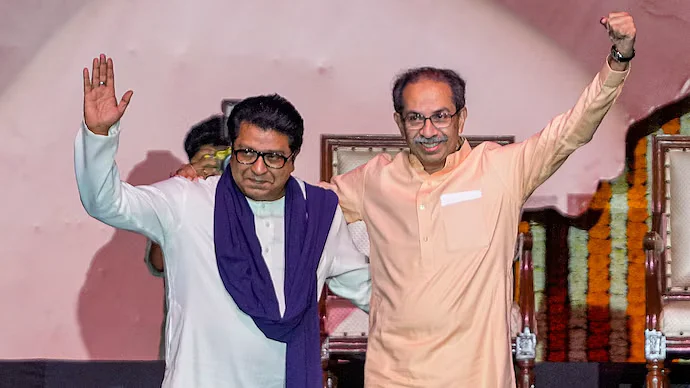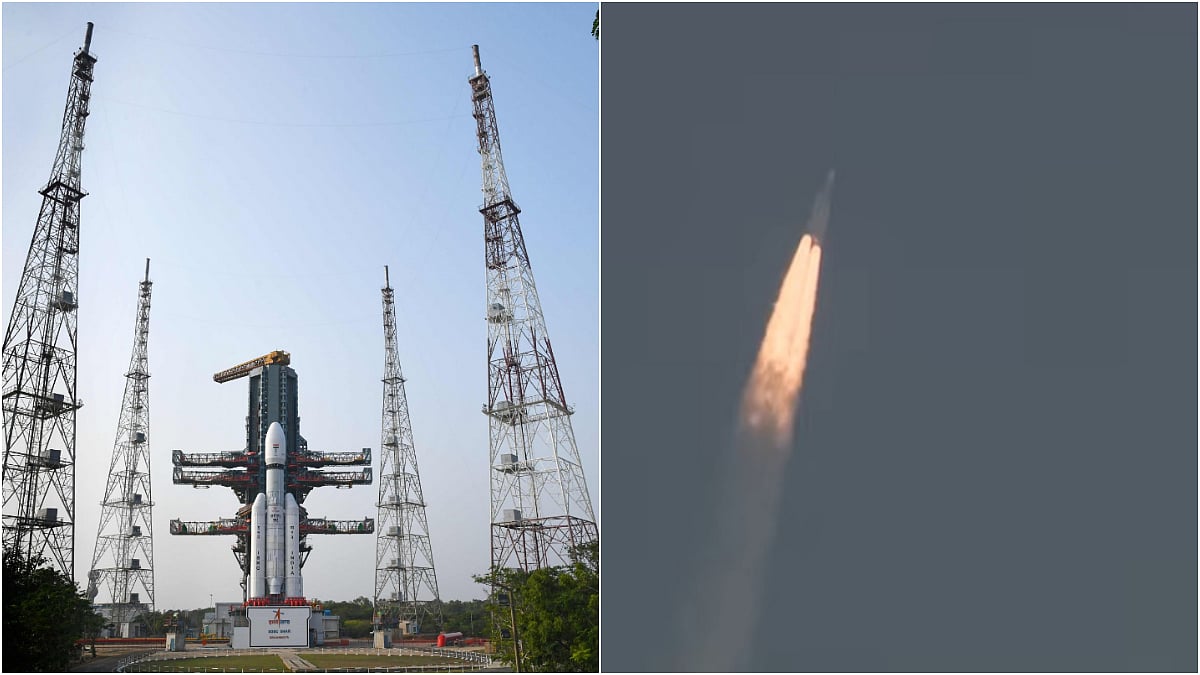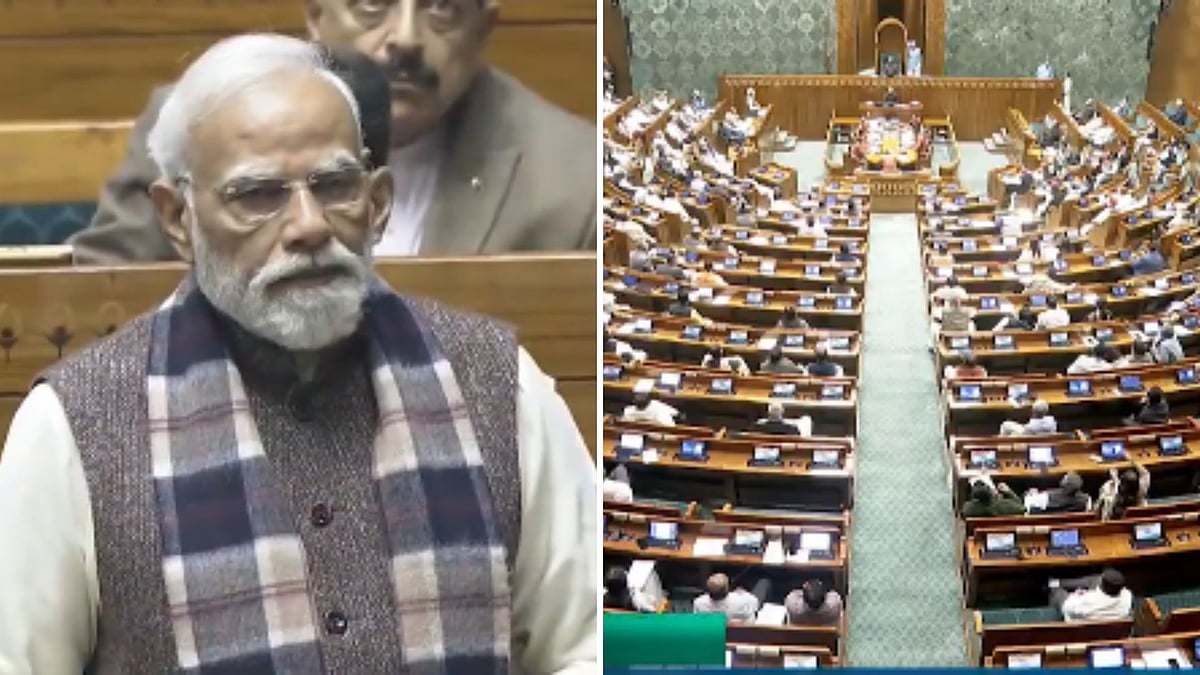The havoc wreaked by Cyclone Michaung on December 4 and 5 in Chennai and on December 5 and 6 in coastal Andhra Pradesh where landfall took place is yet another grim reminder of India’s colossal municipal failure. It is sickeningly recurring in India’s coastal areas. Over the years, Orissa has geared itself to face nature’s fury by putting in place systems and infrastructure to evacuate people from harm’s way. Chennai on the contrary reacts when the crisis blows on its face with relentless fury when cyclones strike, apparently quinquennially. Besides loss of property and people, life gets paralysed for days together especially in low-lying areas where residential houses have been allowed to spring up with humungous callousness.
Indian city roads don’t last one full year after they have been laid. Traditionally, roads are first leveled, then smeared with bitumen and overlaid with stones and then completed with chips on which bitumen in generous quantities is poured and levelled with road rollers. But bemused Indian denizens watch mutedly the annual spectacle of roads being laid on the broken roads in a patchwork fashion. Apparently, annual road laying activity is a big opportunity for the political class to line their pockets with make-believe road laying activities begetting them huge payoffs in the form of kickbacks from contractors who are only too happy to share the spoils in a spirit of mutual back scratching. The first hint of monsoon is enough to cause potholes on Indian roads.
We talk incessantly of corruption at high places in gun deals and gargantuan imports but gloss over grassroots corruption with a sigh of helplessness. Indeed, cynics among us aver such municipal corruption is par for the course just as we take speed money at government offices in our strides. If only we could usher in municipal reforms of the roots and branches variety.
In Delhi, the multiplicity of authorities, central government, state government and municipality has resulted in buck-passing. Garbage dumps remain uncleared for months. In the US for example, each state is divided into counties like our own districts and they enjoy enormous taxation powers. Apart from Federal income tax, there are also state and county taxes to contend with. Apart from the size of the property one owns, residents have to cough up county taxes even if they don’t own properties with the county jurisdiction so long as they own cars. Such county taxes pave the way for good roads, regular and clean water as well as clearing the roads of snow during peak winters in states like Massachusetts.
In Switzerland and in the state of California in the US, denizens pretty much choose the projects they need by direct voting in return for the heavy municipal taxes they pay. But sadly, in India, the annual collection of municipal taxes literally goes down the drain. We Indians love our national and state level politics but hardly hold our municipal councillors to account. We have empowered our panchayats. It is time we hold our municipalities to account.
To be sure, accountability and power go hand in hand. Municipalities are by and large starved of funds, barring a select few like Mumbai’s perhaps which imposes steep property taxes. In the US, municipal bonds are floated to beef up the finances of municipalities. In India, they have made a mark but have a long way to go in terms of becoming self-sufficient. US goes a step further to meet the exceptional demands on its finances during cyclones and other natural calamities. Their insurers float catastrophe bonds offering attractive returns to the subscribers in return for them losing their shirts (!) should a calamity strike within the specified duration. Such financial innovation is a strict no-no for the typical Indian investors barring a few intrepid high net worth (HNW) investors.
We have slowly of course been building the sinews of national and state level disaster management organisations but the truth is it takes an efficient local grassroots government to size up the challenges unique to them and rise them without being caught unawares. No two states or, for that matter, no two municipalities are similar. Each has its own geographical and topographical peculiarities. Grassroots administration is the crying need of denizens. Funds must devolve onto them smoothly.
There is a charge that political parties are obsessed with metropolitan cities. The recent defeat of BRS to Congress in the Telangana state assembly elections is attributed by pundits to its Hyderabad fixation which once again brings to the fore the India-Bharat divide. If municipalities shore themselves up, state governance would automatically shore up. After all India is a union of states and states are the union of panchayats and municipalities.
Successive finance commissions have increased the share of states from the central revenues including from GST. It is time state finance commissions were constituted to ensure equitable devolution of funds to municipalities and panchayats. And parenthetically, we should try out right to recall at the grassroot levels — namely panchayats and municipalities — so that our elected representatives learn to fear people’s wrath! It is not enough for our politicians to make aerial surveys to size up the enormity of the losses suffered in the wake of natural disasters. Ground-level elected representatives must be made to better serve the people. It is such representatives who should graduate to state assemblies and the Parliament. As it is they are paradropped directly into Lok Sabha elections, resulting in terrible lack of touch with ground realities.
S Murlidharan is a freelance columnist and writes on economics, business, legal and taxation issues









